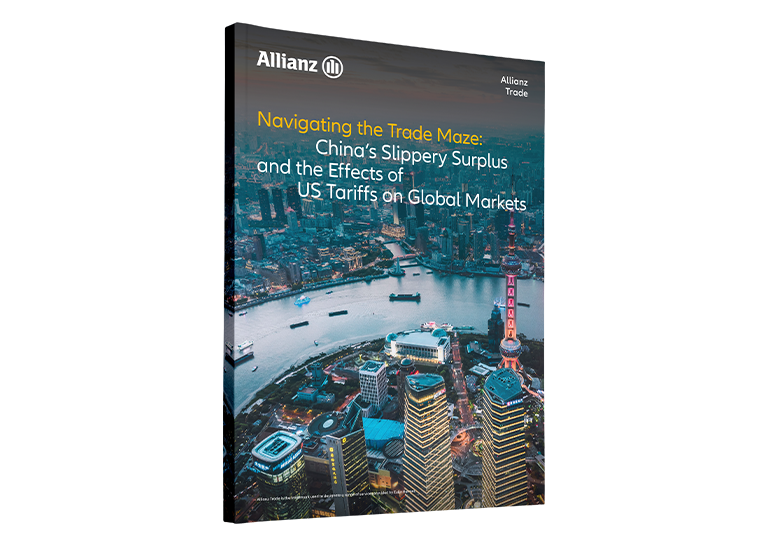I'm new to trade credit insurance and want to learn how it works.
Insure your trade with our solutions
What is the cost of Trade Credit Insurance?
I want to protect my business with insurance but unsure about the cost.
Comparing with other risk mitigation tools.
I want to compare credit insurance with other risk mitigation tools in the market.
Why work with us?

DEDICATION
70,000+
Clients worldwide
Clients worldwide

INSIGHTS
83 Million
Businesses monitored in 160 countries
Businesses monitored in 160 countries

ASSURANCE
AA Rating
by Standard & Poor's
by Standard & Poor's
Recent Reports
Talk to our trade credit experts about your customers,
and learn all about the risks and opportunities.
Contact us using any of the channels below
If you're already a customer, feel free to reach out to your account manager anytime







